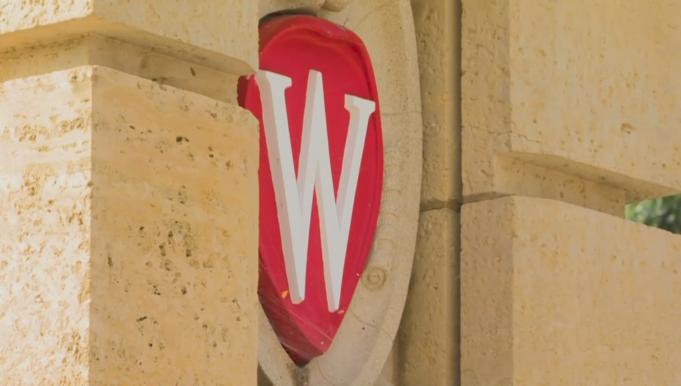From our content partner, Channel 3000.
MADISON, Wis. — UW-Madison is updating its COVID-19 protocols ahead of students returning for the spring semester.
Undergraduate students living in certain areas downtown will be required to be tested twice per week using a new saliva testing method, and access to university buildings will be restricted to those who can prove they are up-to-date on their tests and have not tested positive.
“We learned from experience this fall that a high degree of testing followed by quickly isolating and quarantining those who test positive or were exposed is key to keeping our university operating and our community safe,” said Vice Chancellor of Student Affairs Lori Reeser said Thursday.
To make the additional testing possible, there will be several testing locations available at various times per day, including weekends.
“The idea is to quickly identify individuals who may be asymptomatic carriers before they spread the virus,” Executive Director of University Health Services Jake Baggott said.
Those testing locations, appointments and results will be available through a “Safer Badgers” smartphone app.
That app will also include a “Badger Badge” that will be used to allow access to university buildings where in-person classes and other in-person activities are held. The badge will show up as green if a person has a recent negative test on file and red if they don’t. People will only be allowed to enter the buildings if the badge is green.
University employees will be hired as “Badger Wellness Ambassadors” to look at the status of the Badger Badge at entrances to university buildings and grant or deny entry.
Chief Technology Officer Todd Shechter says the university will start a soft rollout of the Badger Badge process on Monday, January 25th with access to university buildings being restricted starting February 1st.
The Safer Badgers app will also alert people if they’ve been near anyone else who also has the app that recently tested positive for COVID-19.
The university says it also has a smartphone lending program, allowing any student who does not have a smartphone to download the app to do so.
“We’re really aware that this new testing regime is going to require a lot more planning and time for students and employees but we ultimately believe it will be worth it not just for the UW-Madison community but the entire Dane County community,” Associated Students of Madison Vice Chair Aerin Leigh Lammers said.




























